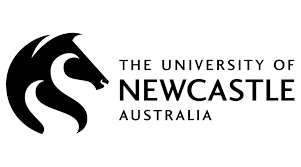University of Newcastle rises to top 30 in the world for Sustainable Development Goals
The University also ranked sixth in the world for Sustainable Cities and Communities (SDG 11) and 12th globally for Climate Action (SDG 13). Nationally, the University ranked first in Australia for both No Poverty (SDG 1) and Zero Hunger (SDG 2).
The Times Higher Education (THE) Impact Rankings are released each year and provide a global ranking based on the alignment of universities with the United Nations’ Sustainable Development Goals (SDGs). This includes both an overall rank and a rank for each of the 17 individual goals.
Pro Vice-Chancellor, Academic Excellence, Professor Jennifer Milam explained how the rankings help the University to understand how its efforts are contributing to solving global issues like poverty, inequality, and climate change.
“The THE Impact Rankings help us to evaluate and benchmark how our University is contributing to solving some of the most pressing global challenges through our research, teaching, and our day-to-day operations,” Professor Milam said.
“For four years in a row, since we entered the rankings, we have consistently performed in the top 50. The rankings are more competitive than ever, and these results demonstrate our genuine, significant, and sustained improvement in making a difference in the world.”
Vice Chancellor, Professor Alex Zelinsky explained how the SDGs are embedded across the University’s work.
“We are in a unique position as a university, where we can contribute to reaching the SDGs through everything we do. We provide education to improve outcomes for disadvantaged groups, undertake research that addresses global issues and form partnerships that improve sustainability at local, national, and international levels.”
“As part of our commitment to equity in education we have a range of programs to support students from lower socio-economic backgrounds to study. We are also proud to be number one in Australia for Indigenous student enrolments.
“From a research perspective, we are working to assist in bushfire recovery, improve drought resilience and create more clean energy technology.”

